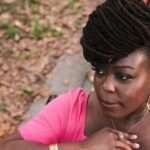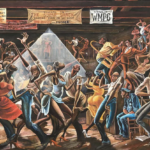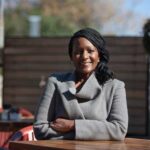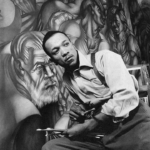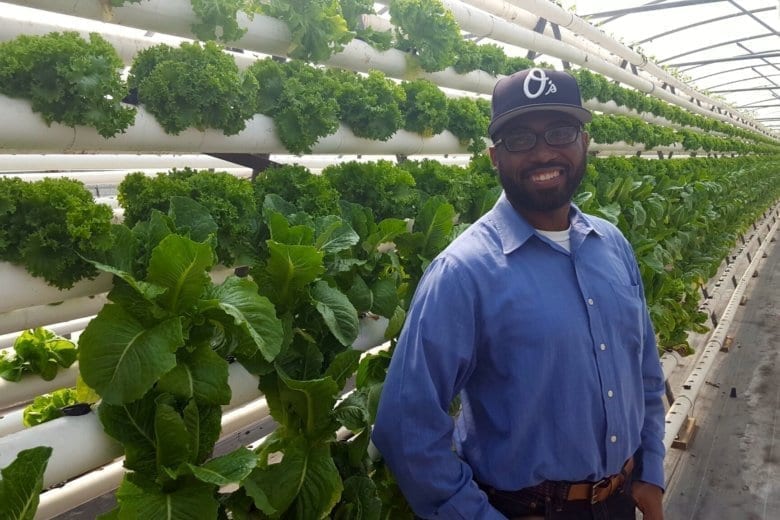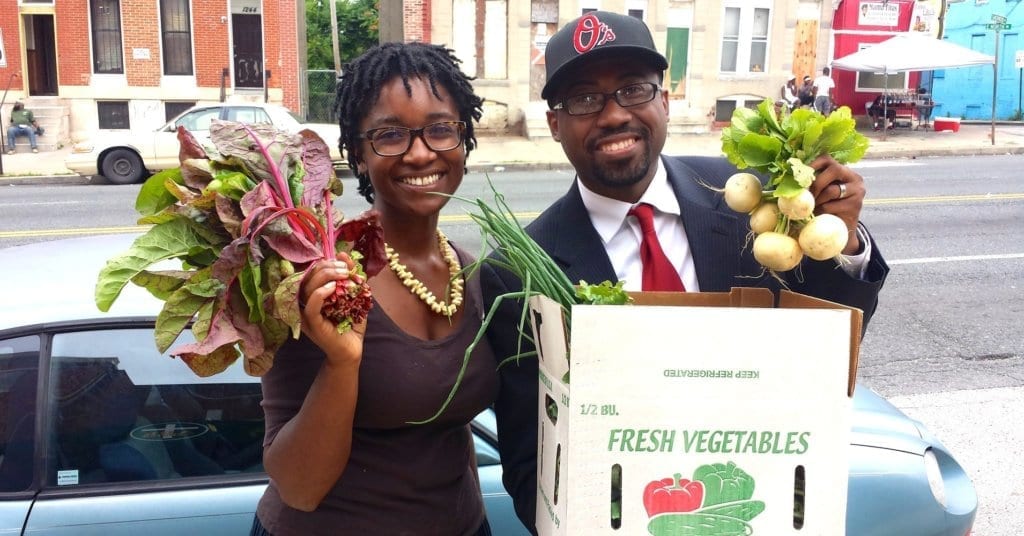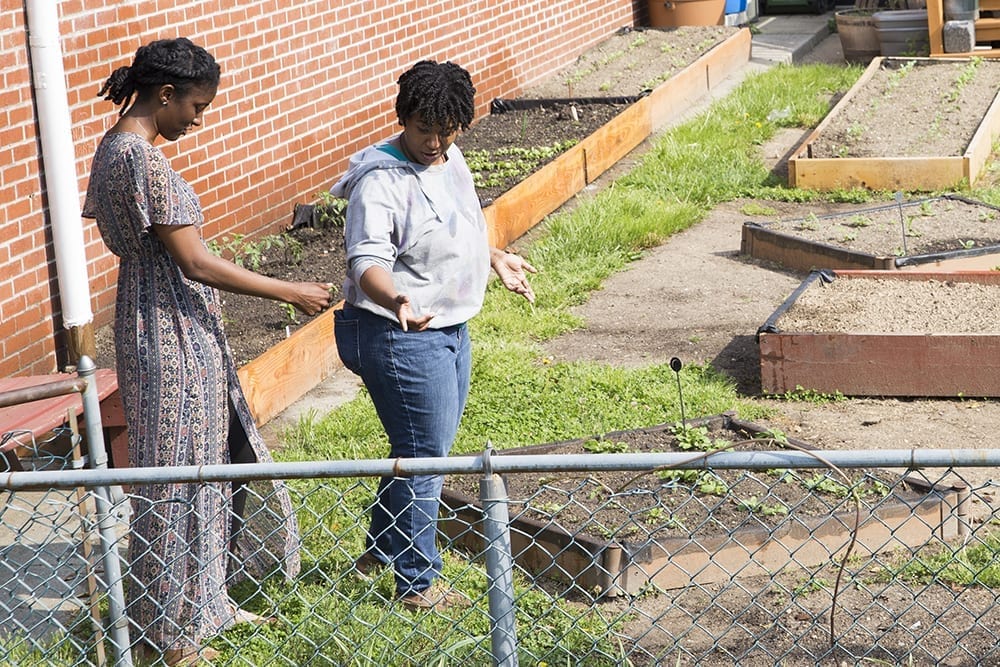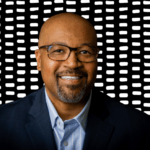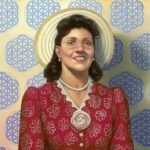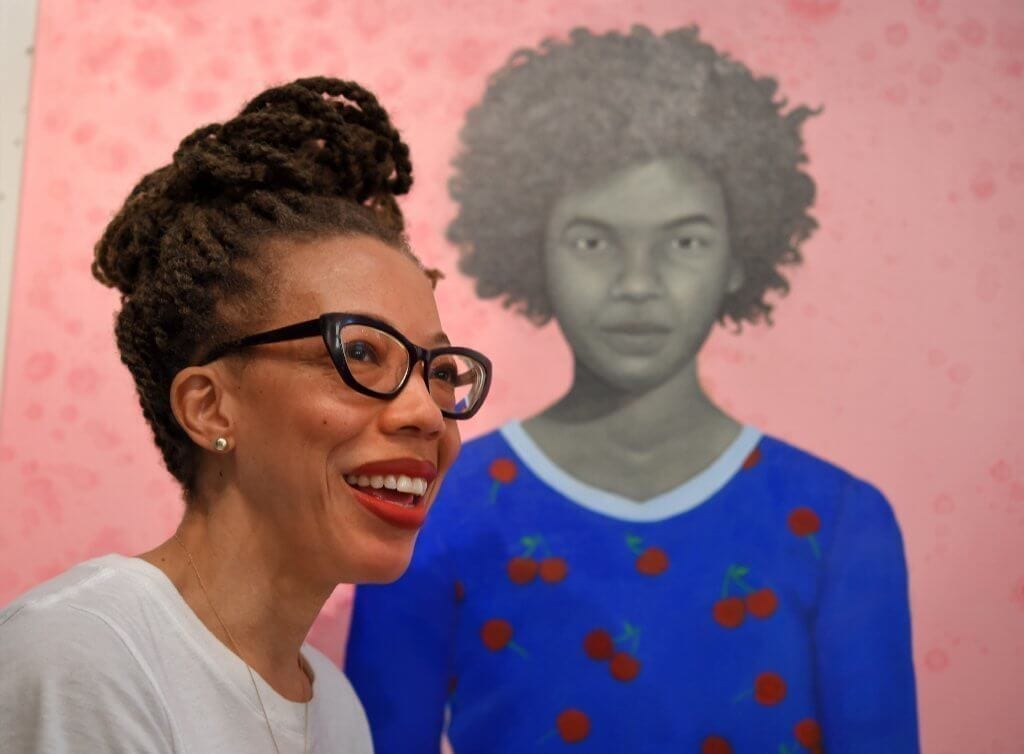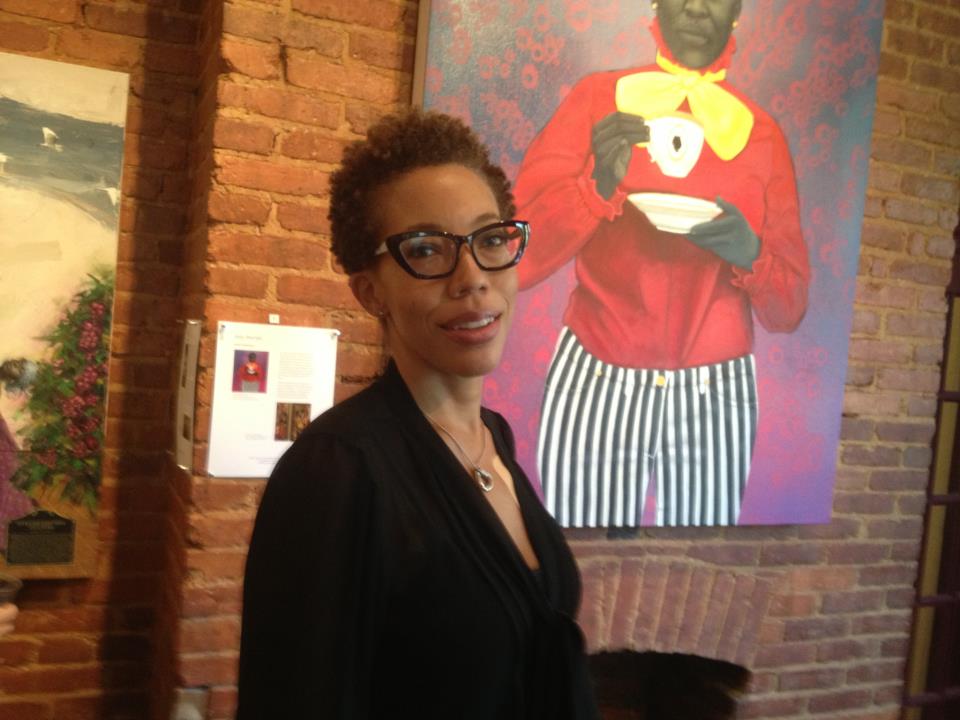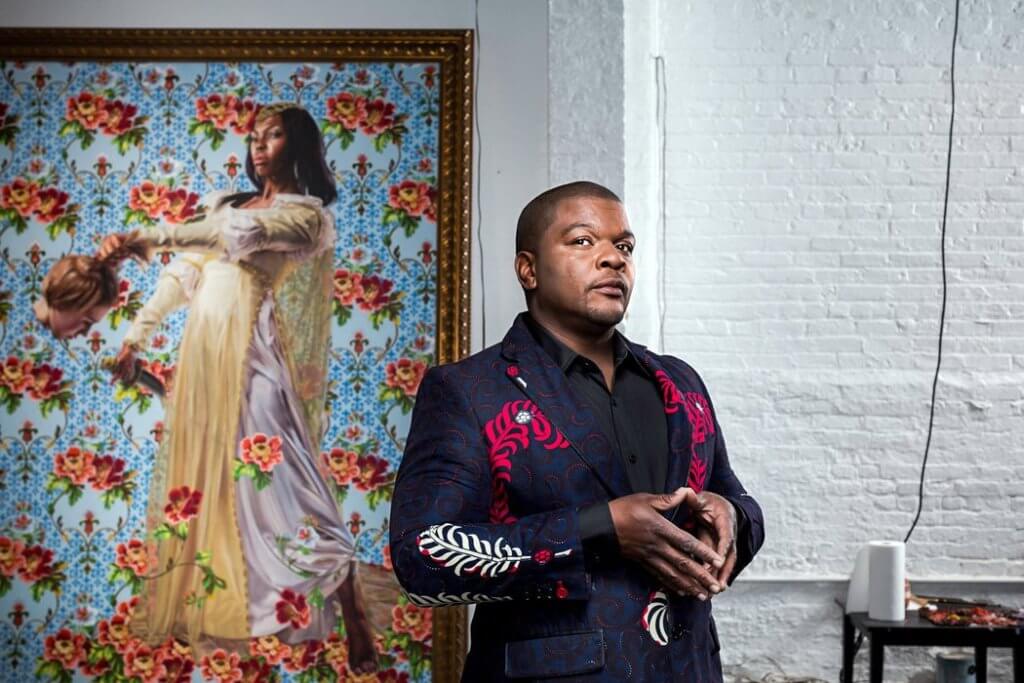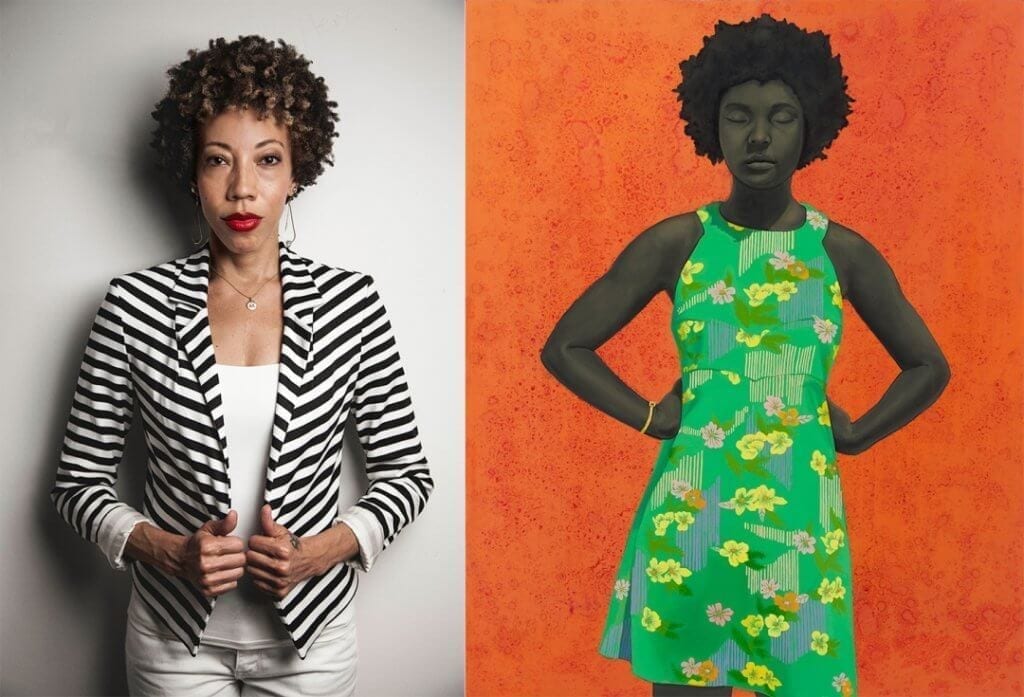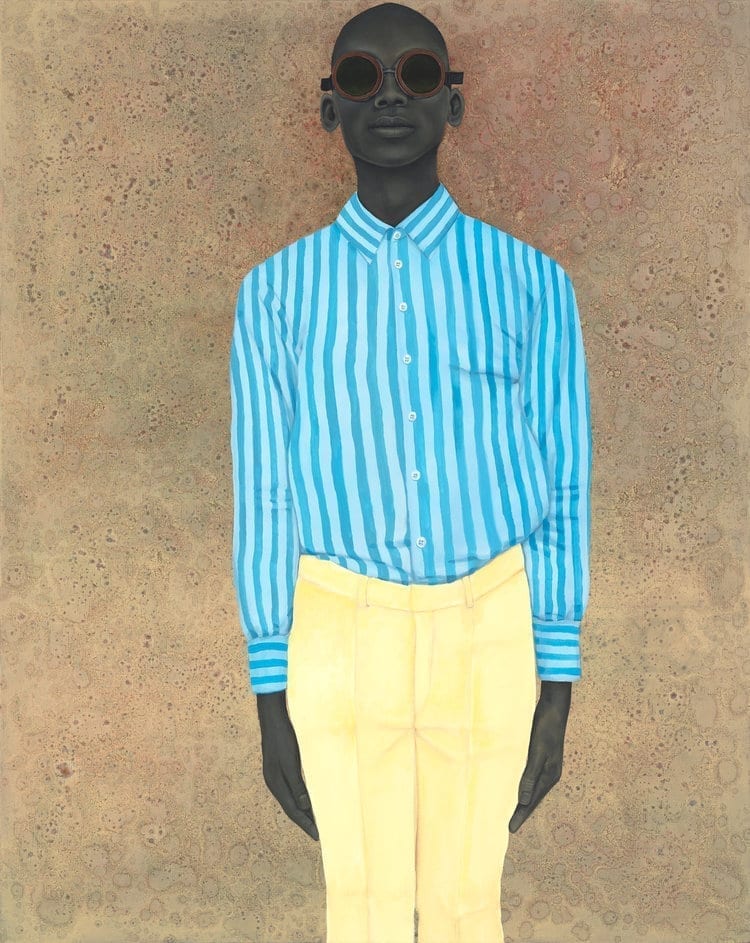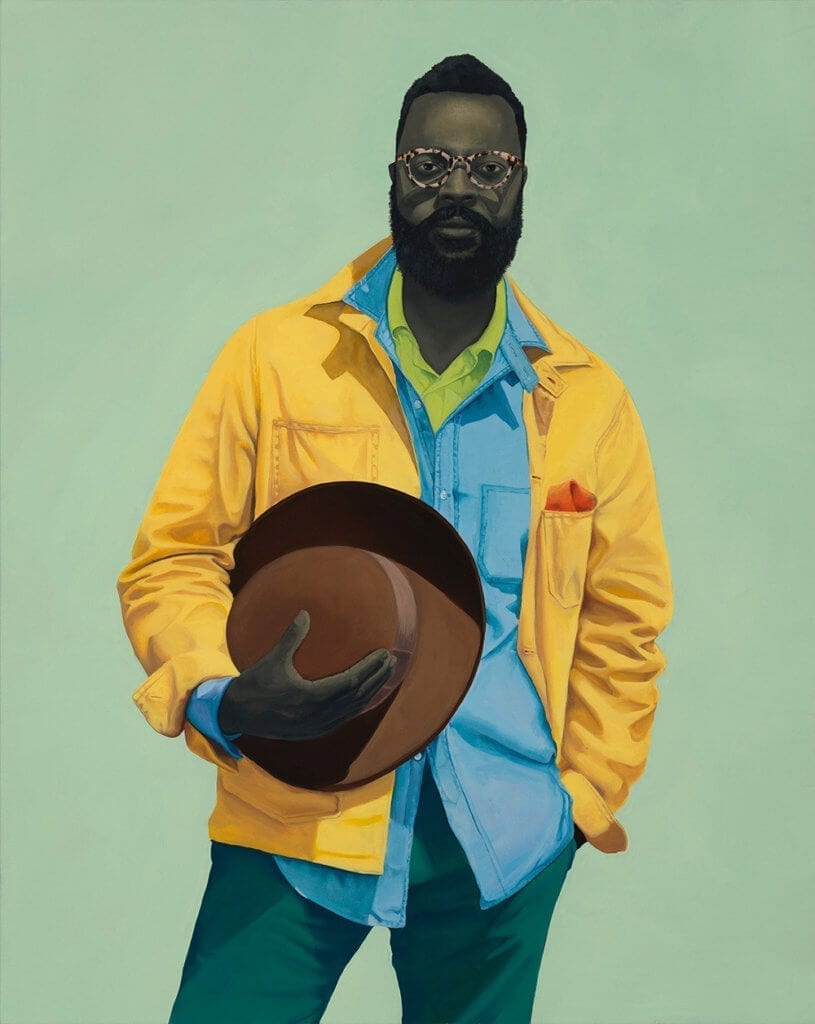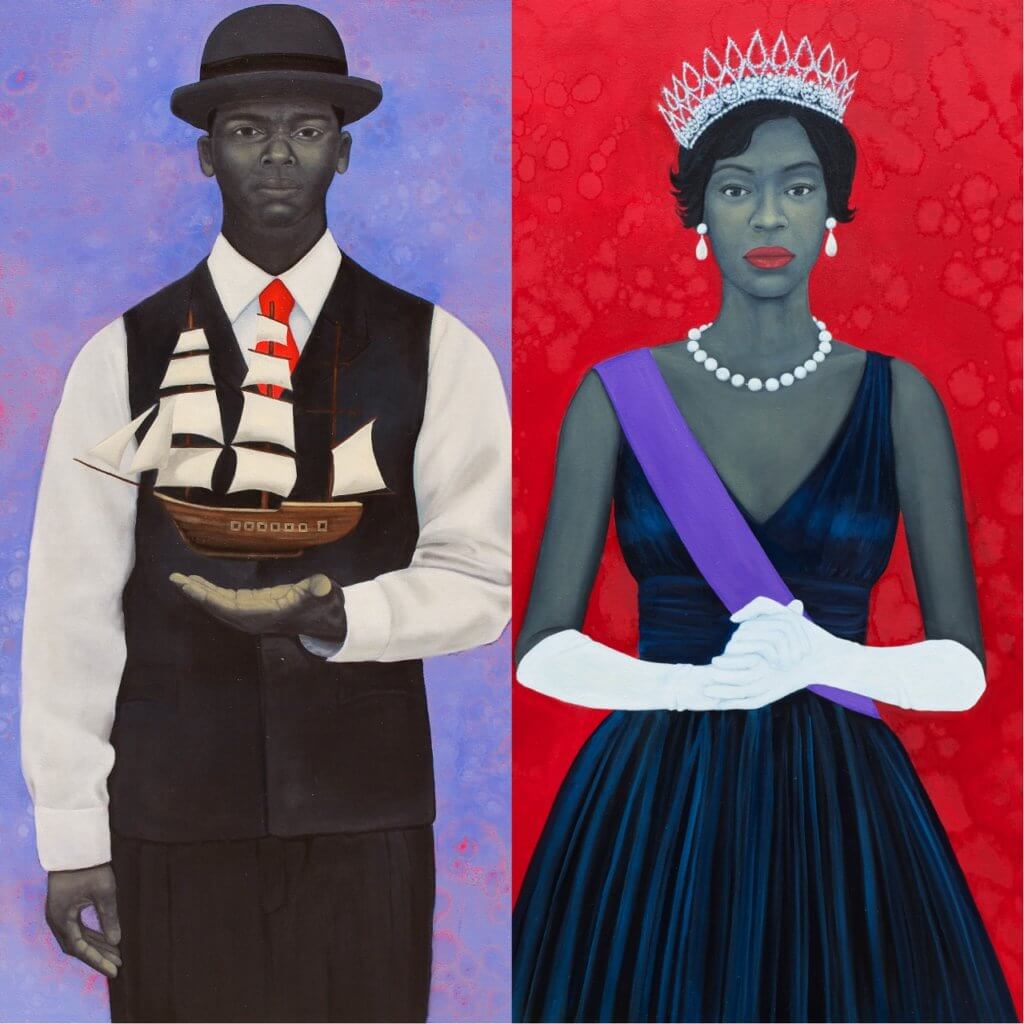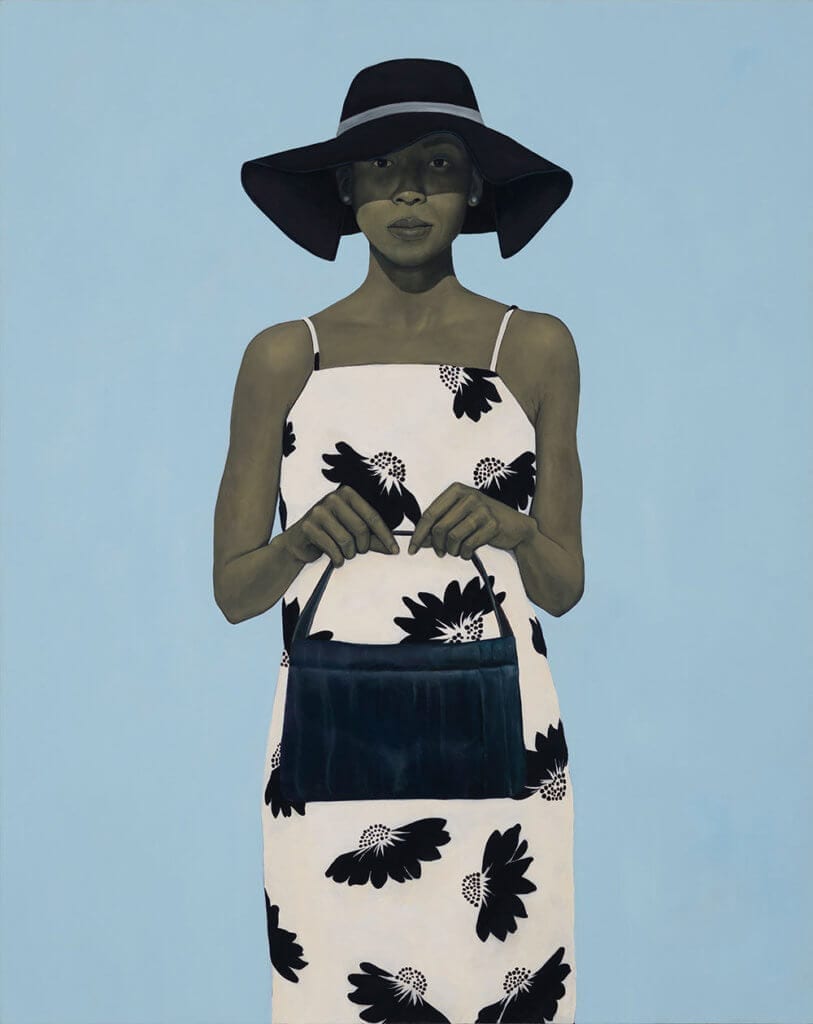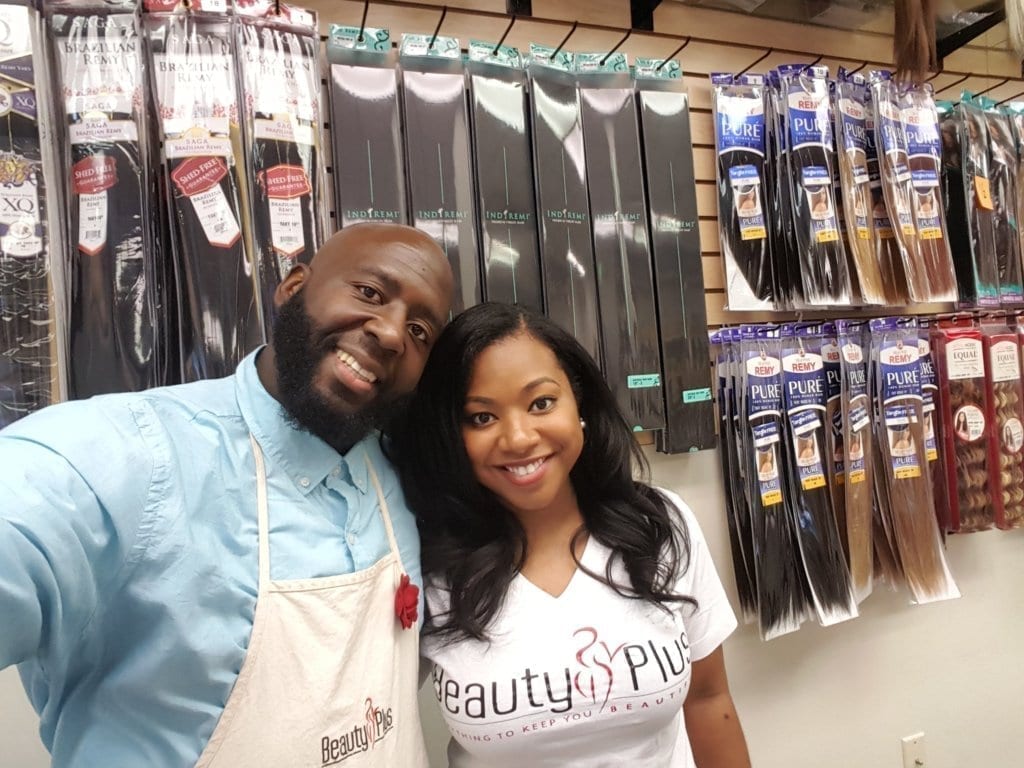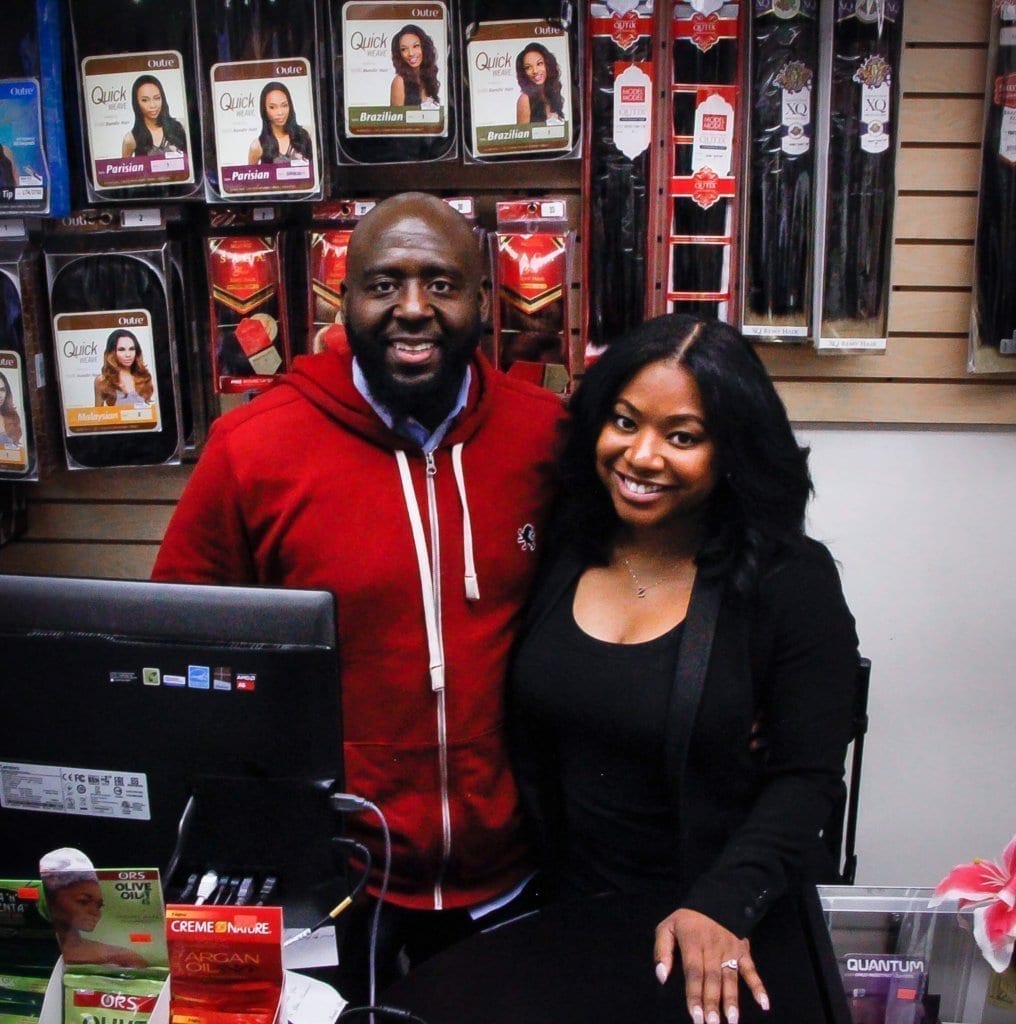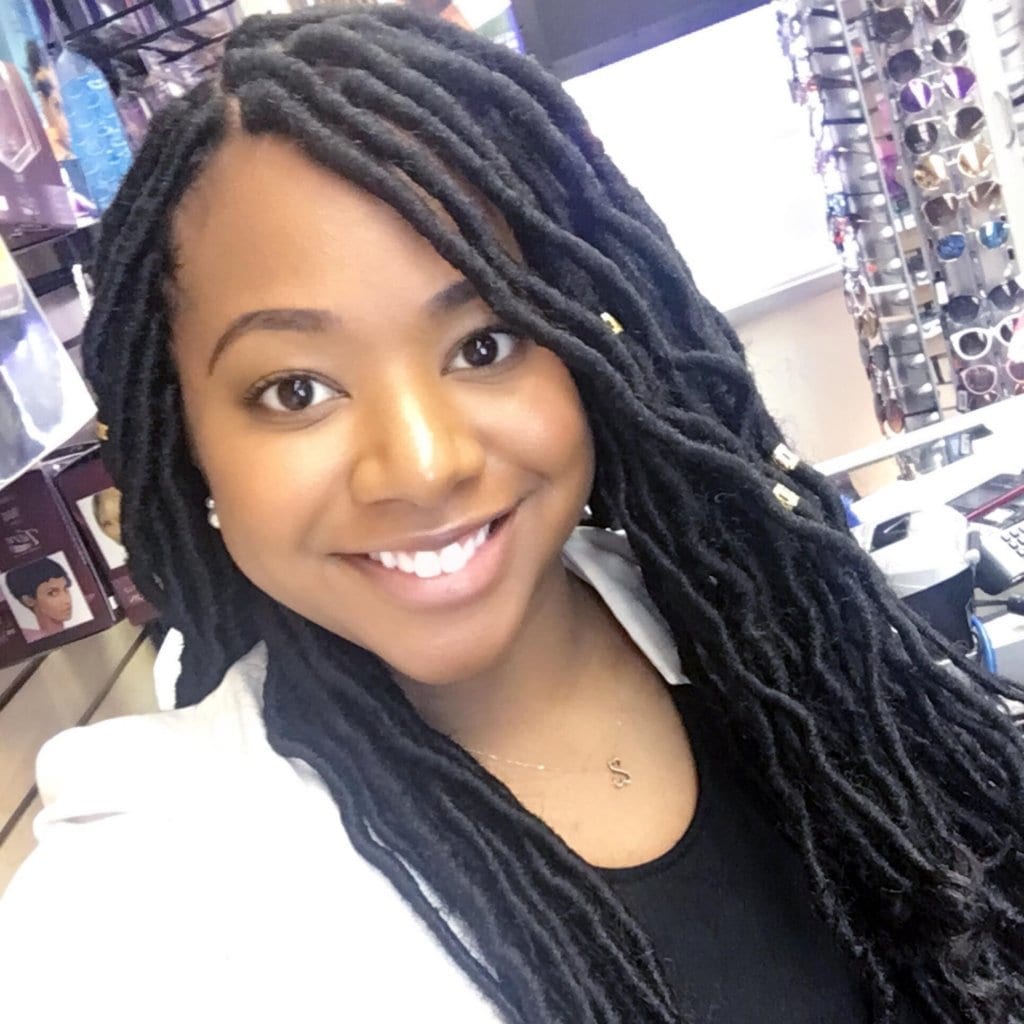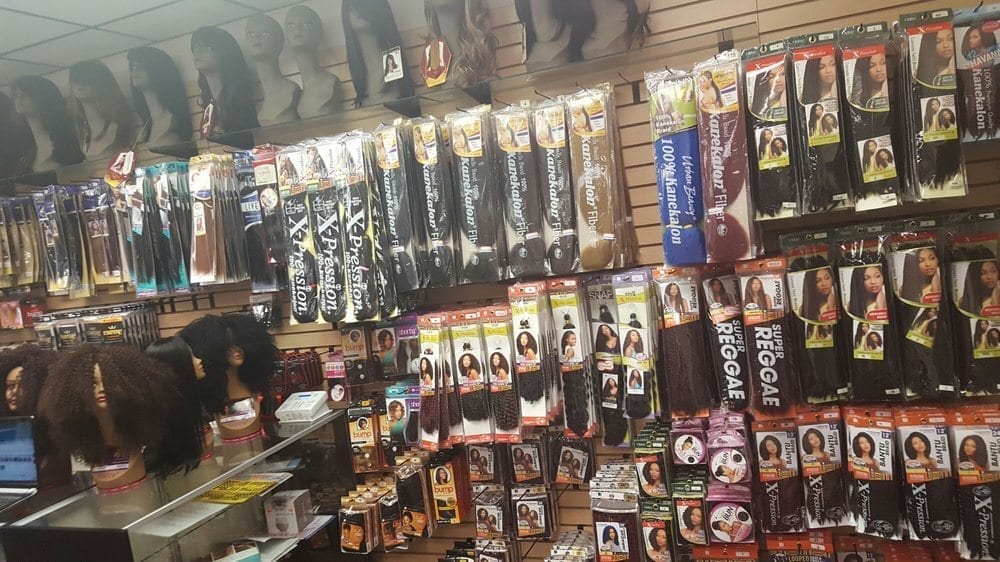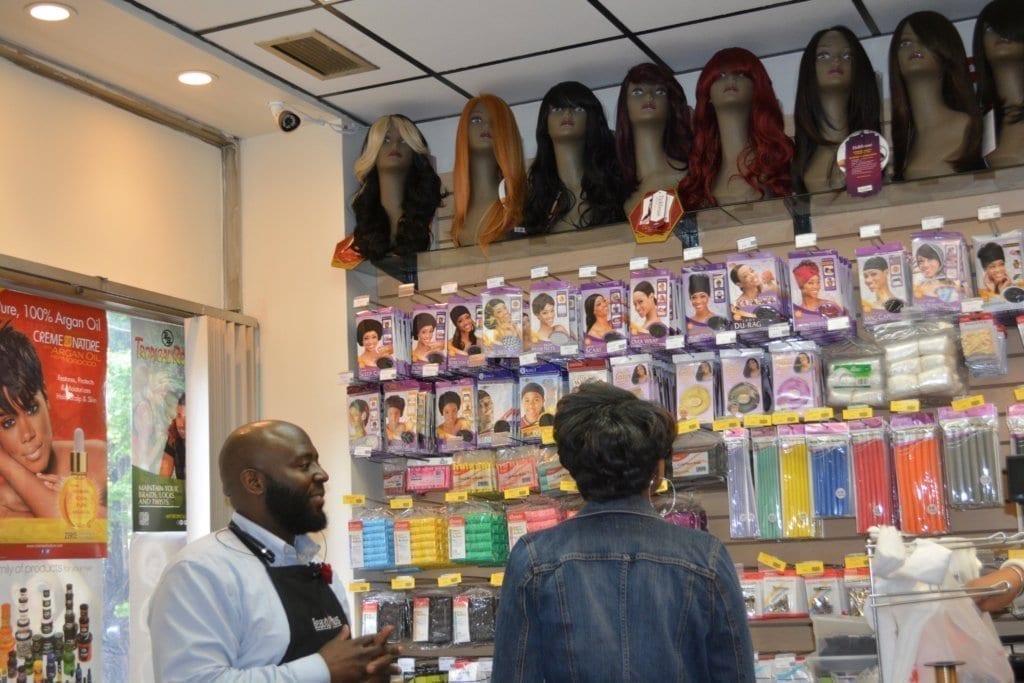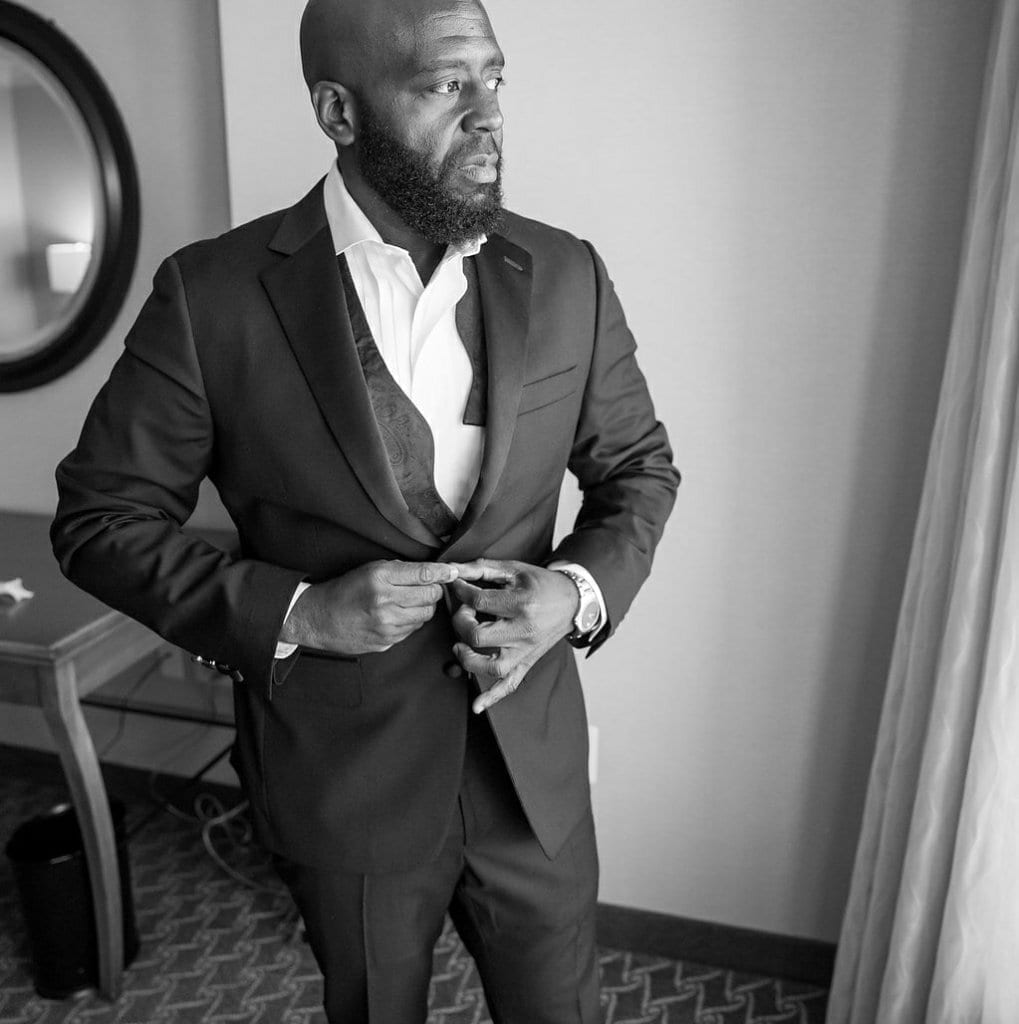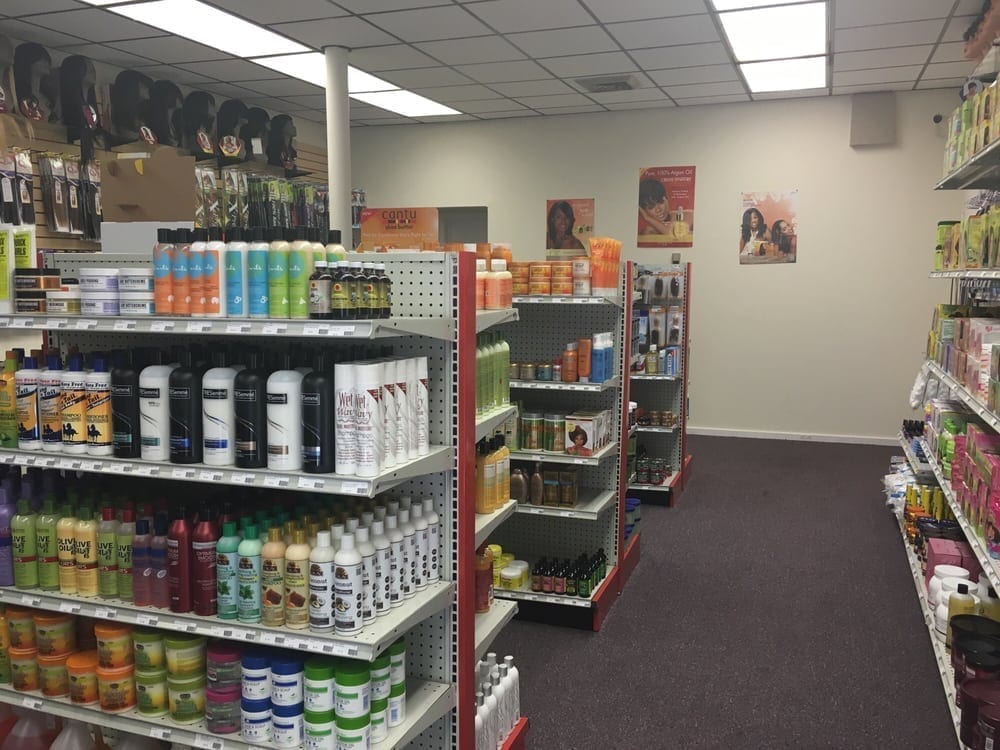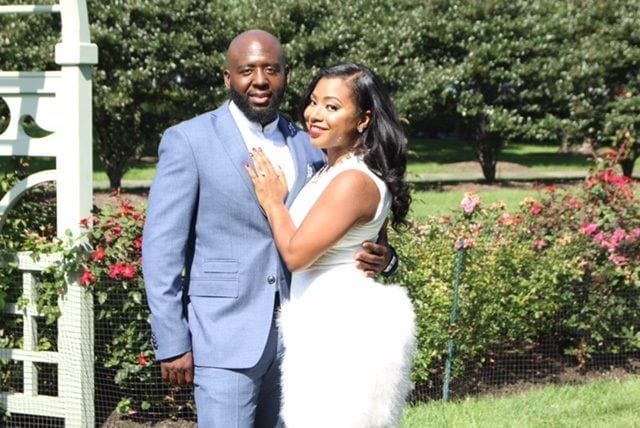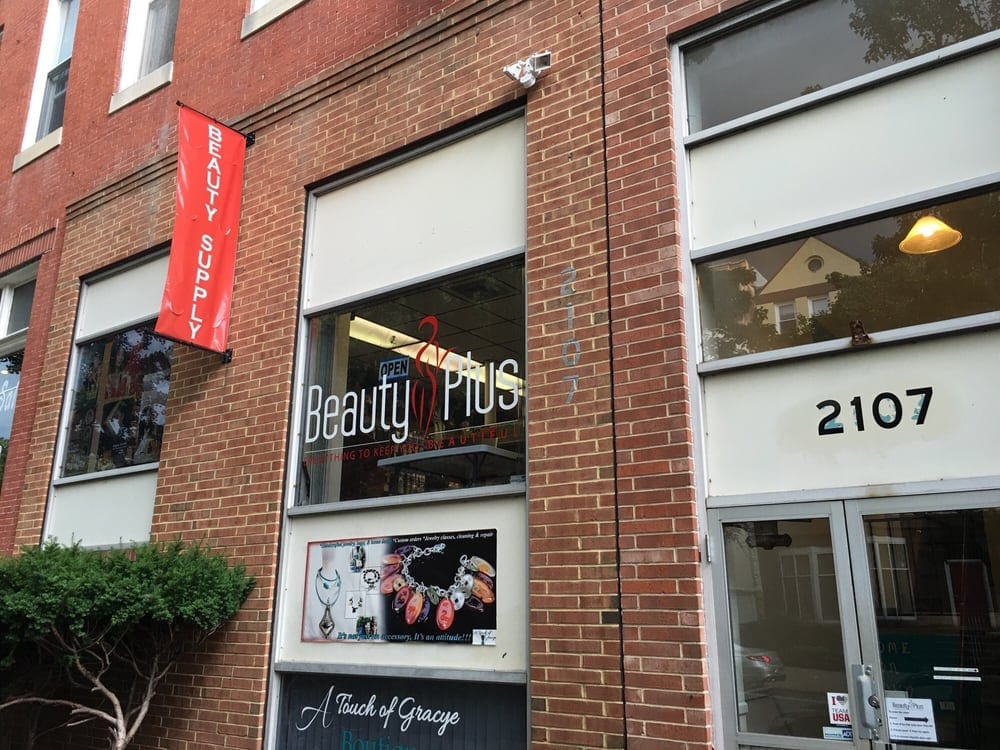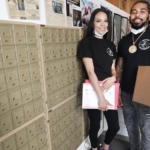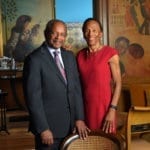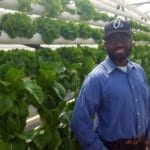The Baltimore Museum of Art announced Friday that philanthropists Eddie and Sylvia Brown are giving the organization $3.5 million to endow the position of chief curator.
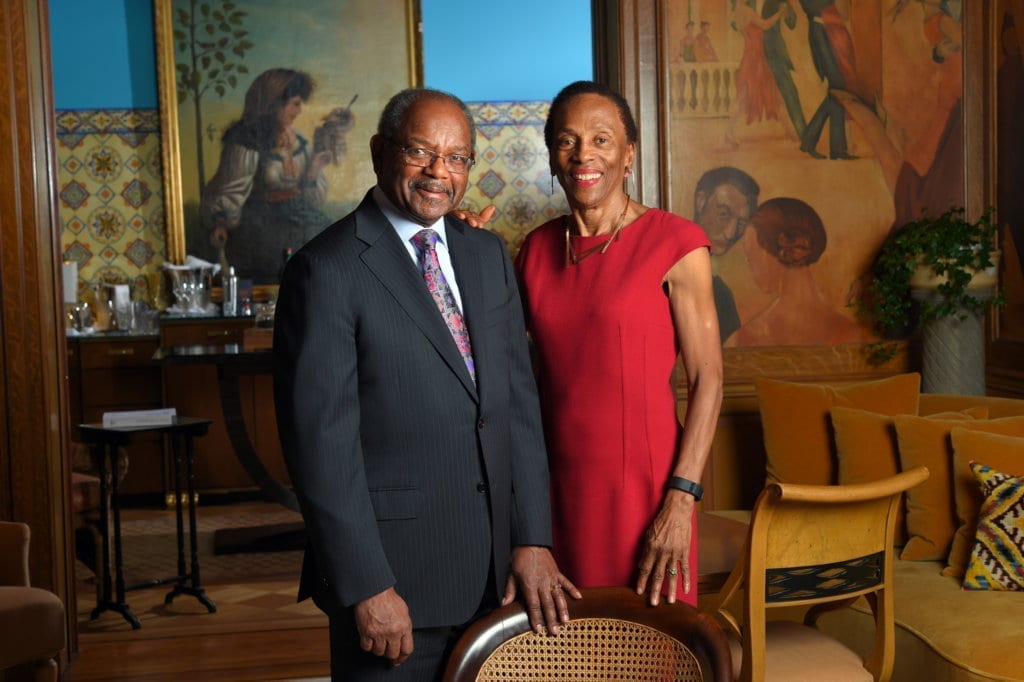
The couple’s gift will provide a new way of paying for the post of the museum’s chief curator, the person responsible for overseeing the BMA’s 95,000-item collection and for supervising the museum’s curators, conservators and registrars. The position replaces the former job of deputy director of curatorial affairs role that was held until last summer by Jay Fisher.
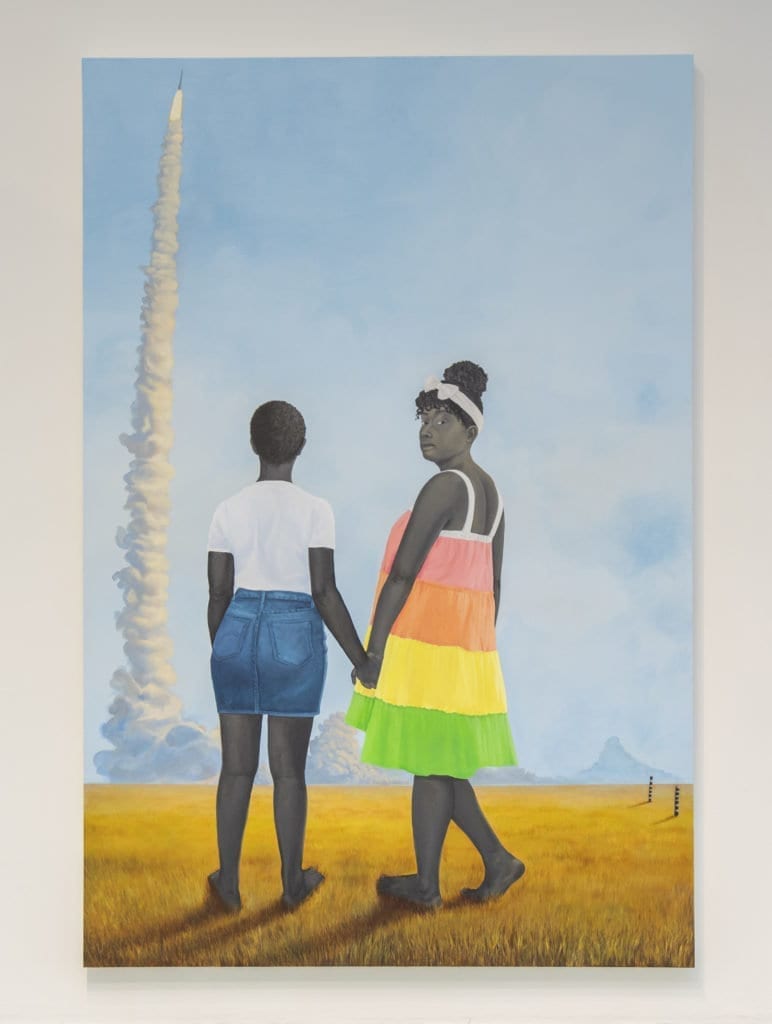
Asma Naeem, a graduate of the Johns Hopkins University, was appointed chief curator last August. Before coming to the BMA, Naeem was a curator at the Smithsonian Institution’s National Portrait Gallery. Fisher is now director of Matisse studies at the museum.
Now that the chief curator position is endowed, the funds previously allocated to paying Naeem’s salary and other expenses of that job can be freed for other operating expenses, according to a museum spokeswoman.
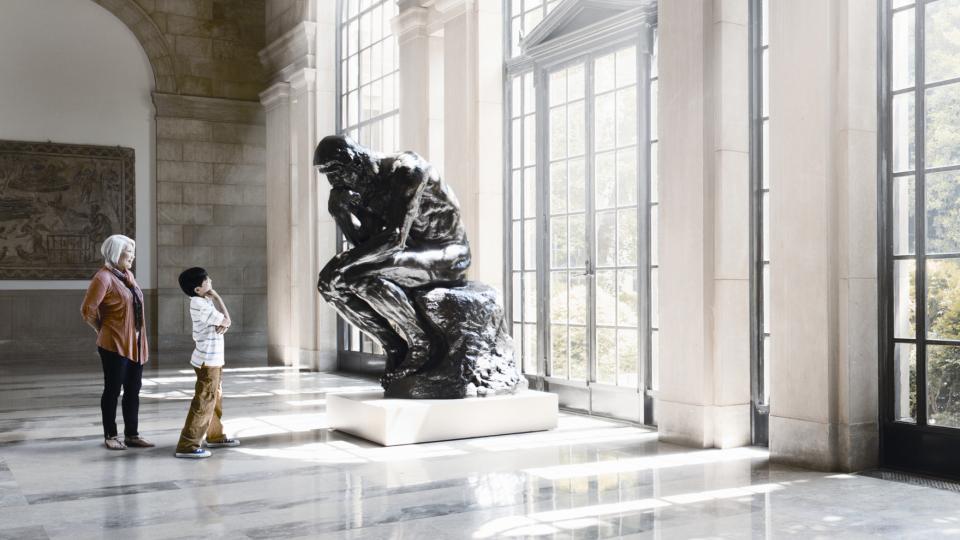
The Browns previously have given major gifts to other Baltimore-area cultural institutions, including to the Maryland Institute, College of Art, where the media studies building bears their name.
Eddie Brown founded Brown Capital Management, a Baltimore investment firm with more than $8 billion in assets under management. With his wife, Sylvia, he established a foundation in their names that focuses on improving lives in inner-city Baltimore.
In a museum news release, the couple said their most recent gift was inspired by museum director Christopher Bedford’s efforts to make the BMA more diverse and inclusive.
“In recent years, the museum’s commitment to excellence has been joined with a vision to examine and present a more fulsome picture of art history, giving a platform to those artists that have previously been underrepresented or left entirely out of our cultural dialogues,” the Browns said in a joint statement.
“With the appointment of Dr. Naeem … this seemed the perfect moment to expand our support for the museum.”
Source: The Baltimore Sun


